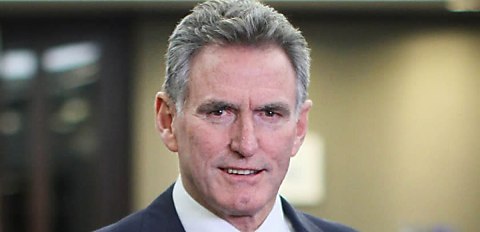Speaking in an interview with ABC senior business correspondent Peter Ryan last week (17 August), National Australia Bank (NAB) CEO Ross McEwan has labelled Australia’s housing shortage as the “biggest issue” facing the country and has called on the government to simplify the planning process.
“That’s not to say we want houses built in the wrong places – but simplification,” Mr McEwan stated.
“Taking five, 10 years to get a development up and running is just far too long in this environment and we need action pretty quickly.”
Preceding Mr McEwan’s interview, in a national cabinet meeting held on 16 August, Prime Minister Anthony Albanese announced a set of reforms aimed to invigorate housing supply, streamline planning regulations, and empower renters.
The move is designed to address urgent demand for affordable housing options in the midst of the housing supply shortage across Australia.
“National cabinet has agreed to an ambitious new national target to build 1.2 million new well-located homes over five years, from 1 July 2024,” Mr Albanese said at the time.
“This is an additional 200,000 new homes above the National Housing Accord target agreed by states and territories last year.”
Mr McEwan further stated that implementing rental caps is “just the wrong place to go”.
“You cap rents and you get people coming out of actually owning that housing stock, which is not what we want at this point in time either,” Mr McEwan said.
However, the federal Greens party has been steadfast in its view that a national rent freeze must be implemented, with renters reportedly having already “forked out over $3 billion” and are set to lose a further $4.9 billion if the Albanese government does not take action.
When asked about whether or not interest rates are impacting regional and metropolitan borrowers differently, the major bank’s CEO maintained that it’s “exactly the same issue” for both types.
He further stated that there has been a “slight uptick” in mortgage stress, however, he noted many borrowers yet to roll off fixed rates haven’t felt any impact as of yet.
“We’ve got to also remember there’s probably 50 per cent of our fixed rate borrowers who haven’t actually seen an increase yet, because they had a two- or a three-year fixed rate loan,” Mr McEwan said.
“So, some of those customers still have to experience it.”
[RELATED: National cabinet agrees to new ‘ambitious’ housing target]

